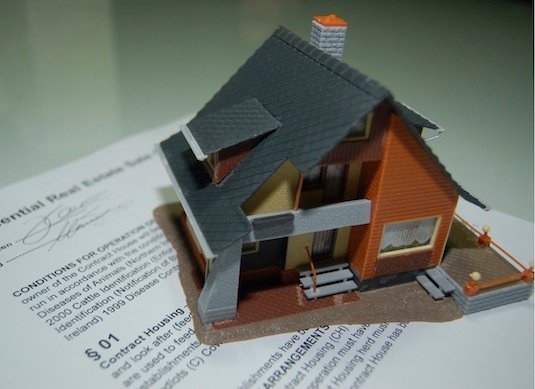Pros-and-Cons-of-Residential-Property-Investment
PROS & CONS OF RESIDENTIAL PROPERTY INVESTMENT
Advantages of Residential Property Investment
Advantages of residential property investment to help you decide whether or not to invest. Let us look at a few of these;
Rental income: is an excellent source of income.
Tax advantages: interests on loans and expenses incurred to generate rental income may be tax deductible.
Capital gain: residential properties appreciate value over the years, the longer you hold on to them, the higher the capital gain. Buying a property below the market value is also a great strategy to ensure to achieve capital gain.
Investment portfolio: It is an excellent way of growing and diversifying your investment portfolio.


Disadvantages of Residential Property Investment
Disadvantages of residential property investment to help you decide whether or not to invest. Let us look at a few of these;
Lacks liquidity: in case of an emergency, it takes time to sell the property or getting a top up on the mortgage.
Fees and cost: Residential real estate incurs many fees and costs of operation such as insurance, legal fees, taxes, maintenance, property management fees, etc.
Defaults: In case of difficulties in paying monthly mortgage payments, you stand the risk of losing your property.
Rent Risk: In case of lack of tenant, you will need to tap into your savings to manage the property.
Problematic tenant: You might get a problematic tenant who could make the process hard.
Advantages and Disadvantages of Residential Property Investment
Now that you have weighed the pros and cons of Residential Property Investment you should be able to decide if property investment is they way to go or not.
Make sure that you are 100% sure that you have all the contingency plans in place and have done all your research before getting into it.




